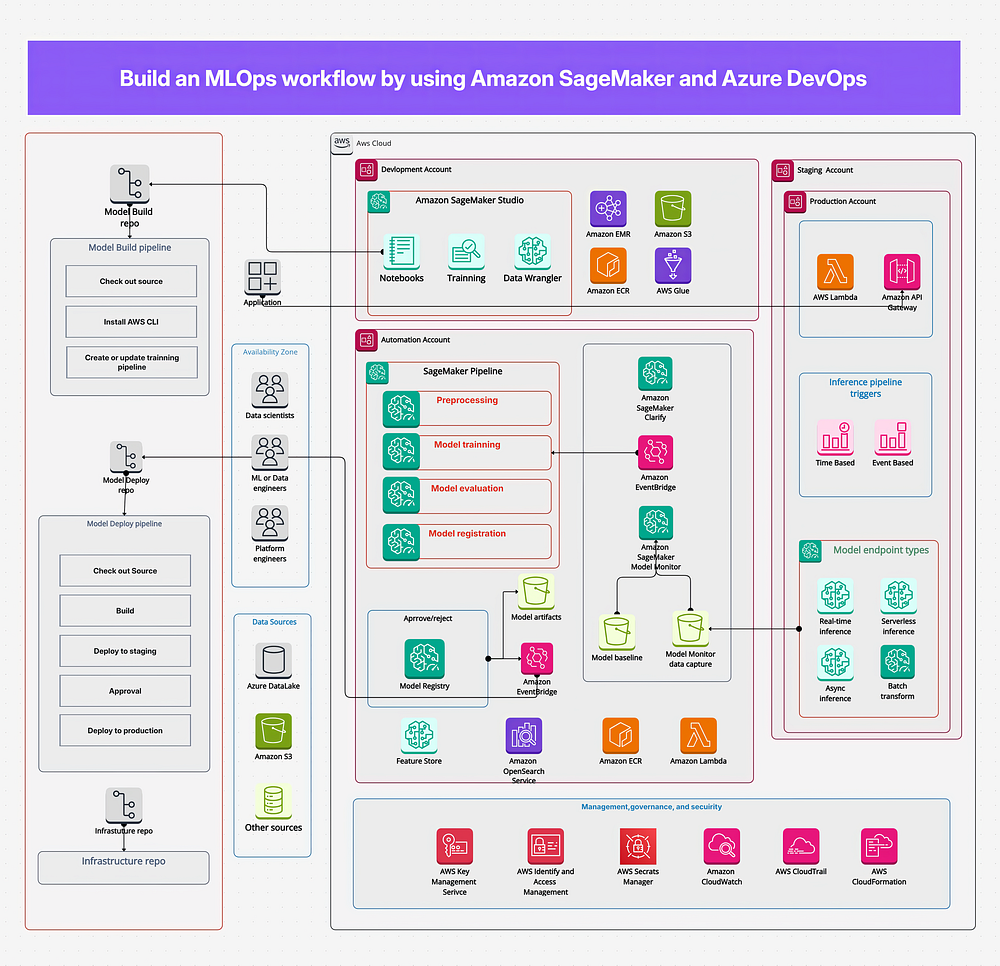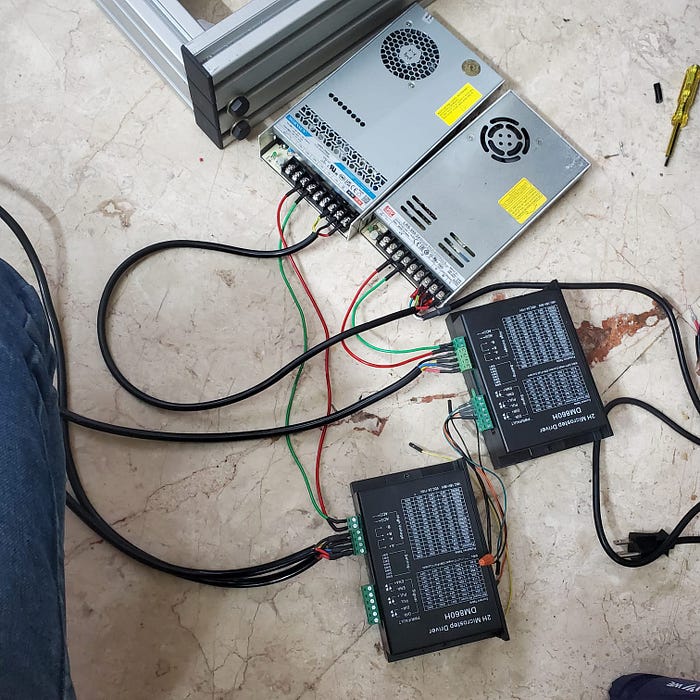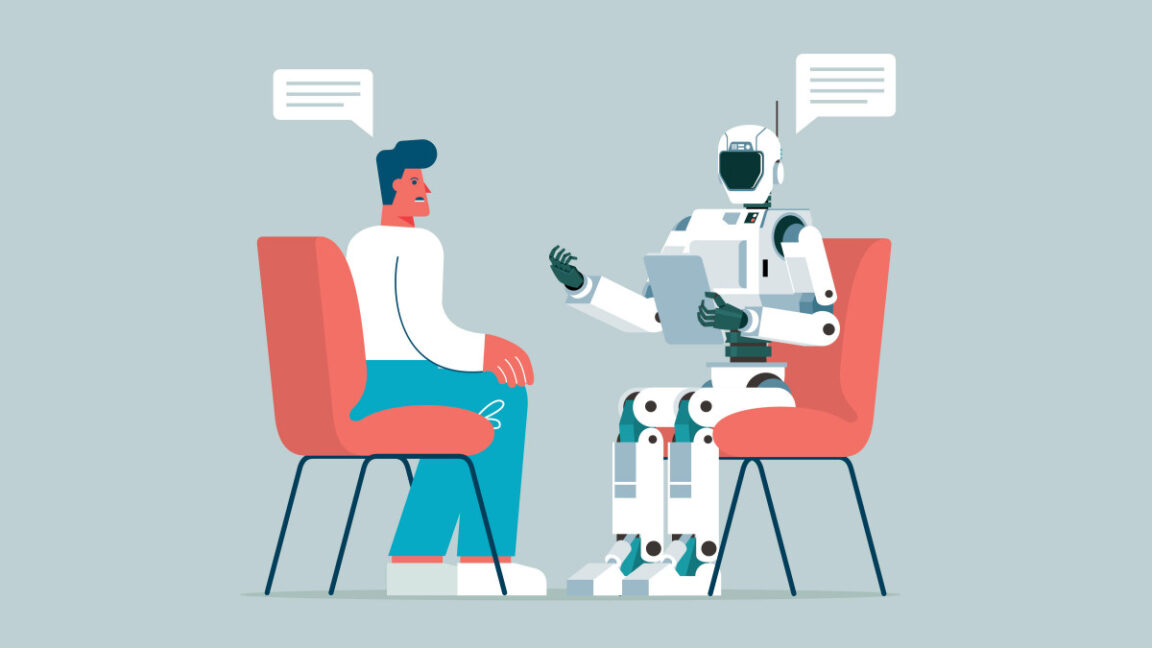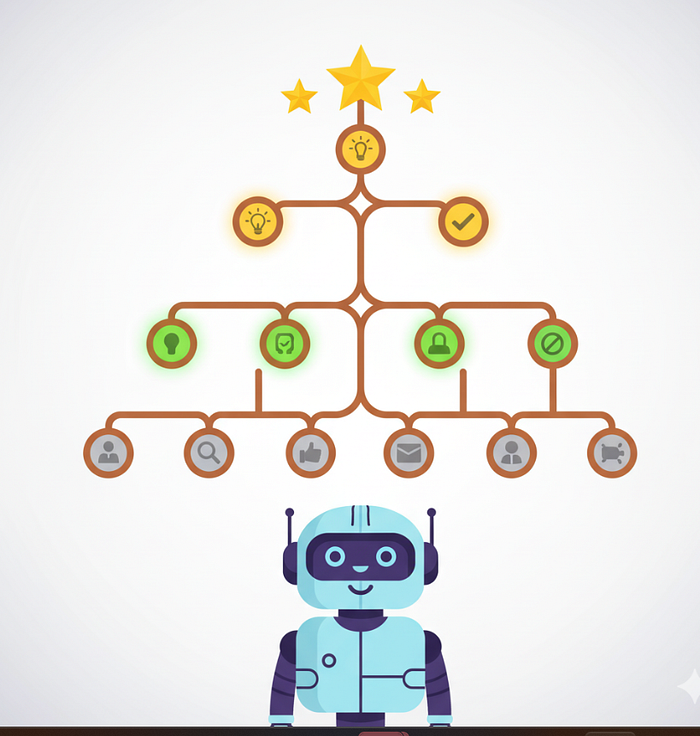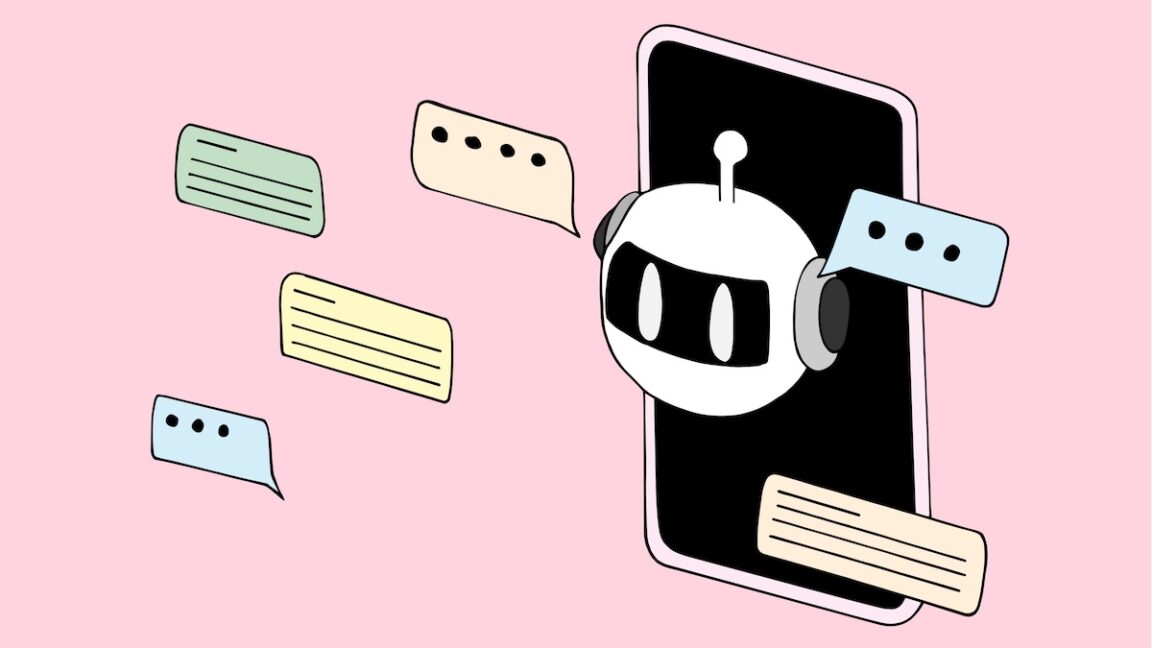A World Without Work: The Impact of Automation on Society
Introduction to a New Era
Imagine waking up tomorrow to a world where 99% of the labor we know today — manual, cognitive, creative — is automated. Not just replaced in part, but fully managed by AI systems and robotic infrastructures operating with inhuman precision and speed. What does it mean for society when work — the cornerstone of identity, structure, and value exchange — becomes obsolete for nearly everyone?
The Automation Trajectory
This is not a sci-fi utopia or a techno-dystopia. It’s a trajectory that, however improbable it may seem in the short term, is increasingly plausible as exponential advances in AI, robotics, and infrastructure reshape what “productive labor” even means. With automation comes a cascade of fundamental questions: What happens when humans are no longer needed for production? What value do people bring in a world where machines do it all? And how do we build a functioning society around abundance instead of scarcity?
Understanding Our Current Economic Model
Our current economic model is built on a basic principle: distributed value creation. You produce something — labor, services, products — that others need, and in exchange, you receive money, which you use to acquire what others produce. Money is a proxy for labor. It’s the standardized unit that lets a baker trade with a farmer, a teacher with a doctor, without having to directly exchange goods or services.
The Implications of Automation
But what happens when machines can produce everything we need, without human intervention? The implications are profound. If humans are no longer necessary for production, what value do they bring to society? How do we redefine work and purpose in a world where traditional employment is no longer the norm?
A New Society Based on Abundance
Building a functioning society around abundance instead of scarcity requires a fundamental shift in how we think about value, work, and identity. It requires us to reimagine what it means to be productive, to contribute, and to be valued. It’s a challenge that will require cooperation, creativity, and a willingness to experiment with new social, economic, and cultural models.
Conclusion
As we move towards a world where automation replaces human labor, we must confront the profound implications for our society, our economy, and our individual identities. It’s a future that promises to be both exhilarating and unsettling, full of opportunities and challenges. By understanding the trajectory of automation and its potential impact on our world, we can begin to build a new society that values human life, creativity, and contribution in all its forms.
Frequently Asked Questions
Q: What will happen to jobs when automation replaces human labor?
A: While automation will likely replace many jobs, it will also create new ones, particularly in fields related to AI development, maintenance, and training.
Q: How will people earn a living in a world without work?
A: This is a complex question that will require new economic models and social safety nets to ensure that everyone has access to the resources they need to thrive.
Q: What are the potential benefits of a world with abundant automation?
A: A world with abundant automation could provide unprecedented levels of productivity, efficiency, and innovation, freeing humans to pursue creative, intellectual, and personal interests.



